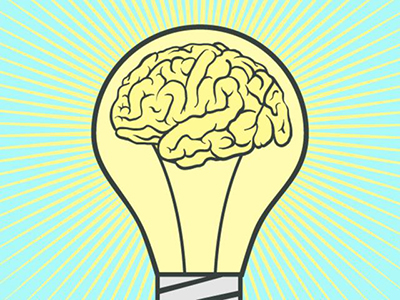
Source: pixshark.com
Being a doctor or a medical student requires skill, hard work, perseverance, confidence and empathy. If we do not have it, with practice it becomes second nature to us; but it is important to cultivate it from the beginning. These values and skills in the right amounts and proportions may differentiate between a good and an excellent medical professional. In my point of view, these elements are essential in order to survive in this world of medicine without losing passion and interest.
In the medical field, there are some things which you can learn, teach and train to perform. This is when your skills are being tested. From taking a history of the patient to the procedures that you are going to perform. These are the basics you need to know regardless the rotations you are in, be it surgery or medicine. Back when I was a student in Egypt, we had to use our own initiatives to gain these skills. Unlike here in Malaysia, these skills are being taught in a formal setting. Nevertheless, the skill portion of the medical doctor must be at par with his knowledge and understanding of medicine.
Studying medicine is tough. It requires stamina, brain power and most importantly, perseverance. Any young doctor will ask the same question to him or herself every now and then “Am I able to do this? Can I make it?” Perseverance will help you to answer this and will remind you of why you started medicine in the first place. Moreover, it will also make you work harder to be better and enhance your learning curve as a doctor. So, please ensure your infusion of perseverance is good and you will go far as a doctor, even as a specialist doctor.
Confidence is your white coat in medicine. It will follow you everywhere. Be confident in explaining the procedures and while doing them, show no fear as patients are usually more scared than you are. However, confidence is not equal to ignorance. When in doubt, always refer to the seniors for help. Being confident also helps in your studies as a medical student and the choice of words can make all the difference, like in a case presentation. This is where the extra marks come from.
And finally, be compassionate and have empathy. These are the heart and soul of a medical doctor. To be compassionate is to work your level best to help in healing and treating the patient and sometimes, by being compassionate we can achieve the exact diagnosis. Always remember to ask “How are you feeling?” to the patients because this small gesture, will not only give you the warm feeling of kindness but it can also help gauge evidence of recovery or detect any complications of the patients. But in being compassionate, we must avoid being subjective to the patients’ treatment, to avoid under or over treating them. Empathising with your patients’ feelings and comforting them is part of healing as well. It helps us to treat them comprehensively when we understand the biological and psychosocial impacts of a disease to them.
Good attitudes like compassion, empathy and even perseverance are the things that can never be taught but it must be developed through time, unlike the bread and butter of medicine, i.e. diseases and their managements. This is what differentiates you, from a good to an excellent doctor. Always remember where you started and how you got to the top. So keep your skills sharp and your perseverance, confidence and compassion ready at all times.
This article is written by Izzuddin Azaharuddin, a 4th year student at Cyberjaya University College of Medical Sciences. Learn more about the Young Columnists the main menu.
